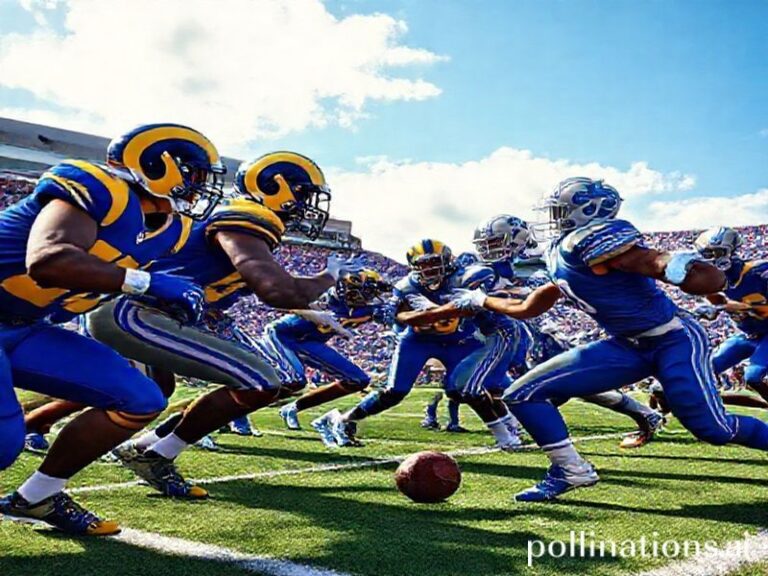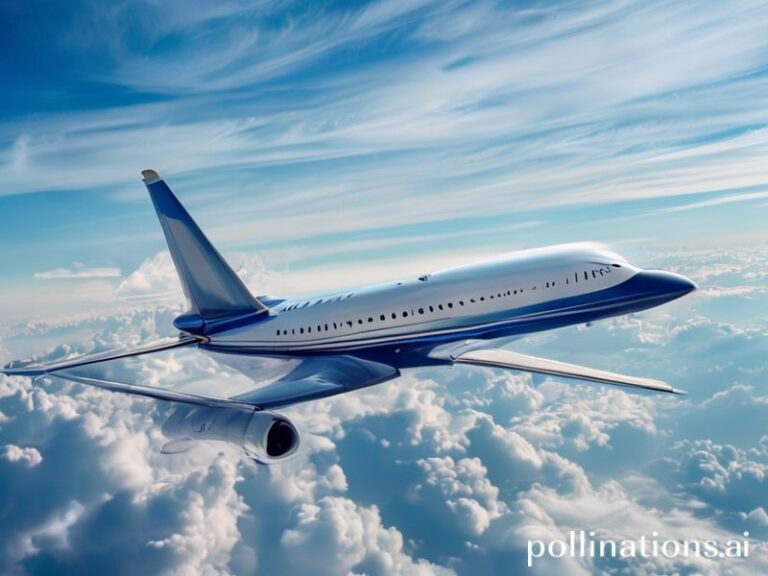Oktoberfest 2024: Where Geopolitics Goes to Get Drunk and Forget the Agenda
Oktoberfest, the planet’s most efficient annual demonstration of how quickly human dignity evaporates under lager-scented pressure, has once again cranked its oompah machinery in Munich. From September 21 to October 6, seven million visitors—roughly the population of Bulgaria—will descend upon a 42-hectare fairground to drink 8 million liters of beer, consume 500,000 roast chickens, and collectively pretend that dirndls are still a fashion statement rather than a strategic cleavage delivery system. It is, in short, the United Nations General Assembly for people who believe multilateralism is best lubricated by 6.3 percent alcohol.
Globally, the timing is impeccable. While the Security Council debates whose missiles are more phallic and COP negotiators argue over who gets to drown last, Oktoberfest offers a soothing reminder that international cooperation is alive and well—provided the agenda is limited to clinking one-liter steins and negotiating the exchange rate between sobriety and shame. Delegations arrive from every continent: Australians who treat the event as a citizenship test they can fail upward into a hangover; Brazilians in lederhosen that look suspiciously like Carnival leftovers; and Americans who Instagram themselves shouting “Prost!” moments before being quietly escorted to the medical tent labeled “Überdrank.” The festival is perhaps the last place on Earth where no one asks for your vaccination card but everyone demands your seat at the table—unless that table is already occupied by a Singaporean investment banker face-down in pretzel salt.
Economically, the numbers read like a satire of late-stage capitalism. Munich’s city coffers swell by an estimated €1.2 billion, proving that the fastest way to stimulate a regional economy is to convince people that beer tastes better when it costs twelve euros and is served by someone wearing a blouse that could double as a parachute. Worldwide, satellite Oktoberfests from Qingdao to Cincinnati replicate the template, franchising Bavarian folklore the way McDonald’s franchised cholesterol. In Bangalore, tech workers queue for “craft” Weissbier brewed three kilometers away; in Dubai, a dry version offers zero-proof wheat juice and the existential dread of pretending to be drunk on nostalgia. All of them pay a cultural licensing fee to Munich, which has turned nostalgia into an export commodity second only to German cars—though with slightly better emissions standards.
Diplomatically, the festival functions as a parallel universe where geopolitics is conducted via drinking songs. The Chinese delegation traditionally outnumbers the German one, underscoring the global supply chain of thirst. Meanwhile, Russian tour groups—those who can still get visas—practice the subtle art of annexing benches. One unspoken rule: no one discusses the war in Ukraine, tariffs, or why the euro is behaving like a yo-yo in a hurricane. Instead, the lingua franca becomes the universal slur of consonants that emerges after Mass number three, a sound so guttural it could double as NATO phonetic for “I love you, man.”
Of course, the festival hasn’t escaped modernity’s grimy fingerprints. Security perimeters now rival small airports; biometric wristbands track beer consumption for “safety,” a euphemism for “maximizing revenue before unconsciousness.” Climate change hovers like an uninvited guest: 2023’s record rainfall turned Theresienwiese into a sodden sponge, prompting organizers to promise “eco-friendly” beer tents by 2030—presumably made from the recycled shame of last year’s attendees. And every smartphone broadcasts the carnage in 4K, ensuring that your future employer can watch you yodel off-key while balancing a stein on your head.
Yet for all the corporate gloss, Oktoberfest remains stubbornly human. It is the one place where global elites and backpackers alike discover the same universal truth: gravity is negotiable, but regret is not. As the brass bands pack up and the last confetti of chicken bones is swept away, the world staggers back to its respective crises—war, warming, inflation—slightly poorer, slightly liver-spotted, but weirdly optimistic. Somewhere amid the spilled beer and bruised egos, a fragile consensus emerges: if we can agree on nothing else, we can at least agree that tomorrow morning is going to hurt.







